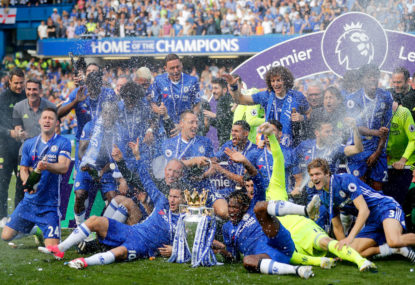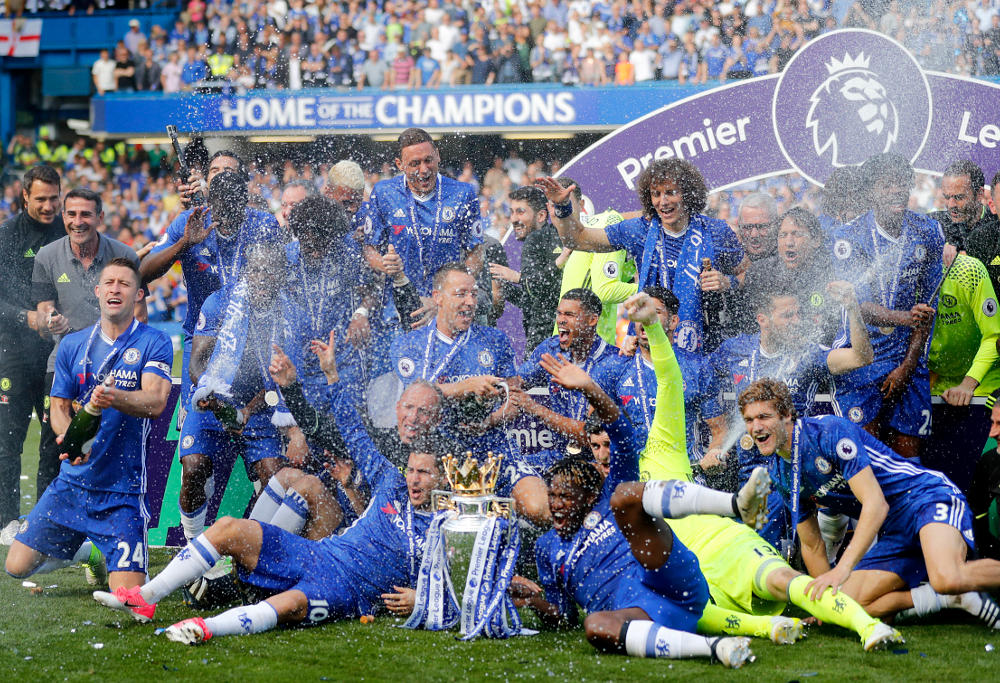Dan
new author
Roar Rookie

When looking through the annals of football history, it’s not uncommon that we refer to periods defined by a team’s or many teams’ dominance over a sustained period of time.
Think Barcelona of the 2000s, Milan of the 1990s, Liverpool and their European exploits in the 1970s and the Manchester United class of 1992 as just a few examples.
What a lot of these teams had in common was a consistent core group of players who played together. Of course the total squad would change regularly as even then keeping 11 together was not sustainable nor preferable, but more often than not the key players remained.
Arsenal aside – Alexis Sanchez and Mezut Ozil – it seems that the notion of a contract binding you to a club and the club to you has lost its meaning in the current European football market. Whether it be the riches of the English Premier League, the pressure for immediate results or even the pressure to be seen to be making transfers, the way a football contract is regarded has changed.
Thinking about it another way, in the last five years there have been four teams crowned Premier League champions: Chelsea, Leicester, Manchester City and Manchester United. In the ten years before that there were the same number of champions.

(AP Photo/Frank Augstein)
The need for quick success and, maybe more importantly, the ability to create that success in a single transfer period has changed the game.
This also extends to coaching, for which the pressure to achieve results quickly means that the time to instil your system or values within a group of players is limited to sometimes less than half a season and sometimes not even that long.
It also increases pressure to sell and/or buy players who will provide those results, but sometimes at the expense of the system a coach would prefer to play. Arsene Wenger is now the exception to the rule, having been at the helm for over 21 years. The next best is Eddie Howe, who has been at Bournemouth for just five years.
There is of course the argument that football moves on and seeing one or a few teams dominate over a long period of time is not in the best interests of the game whereas this constant churn keeps people interested.
But I think when we recall era of football – when short-term gain was in vogue, when teams were constantly assembled and disassembled and when the rewards of sticking with a project long term did not come to fruition – we won’t look back as fondly on it